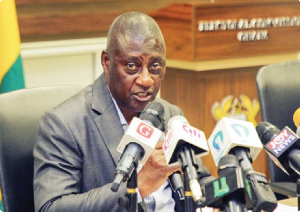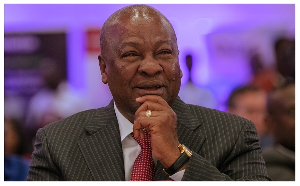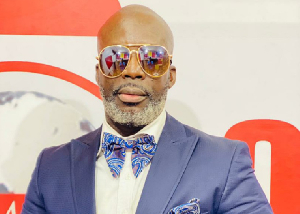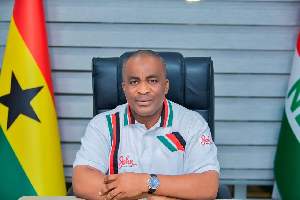


Zeqblog Blog of Saturday, 14 December 2024
Source: Okine Isaac
IMF warns Ghana that economic growth under the ECF programme is fragile.
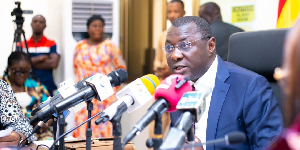
The International Monetary Fund (IMF) has warned Ghana that the economic benefits made so far under the Extended Credit Facility (ECF) programme are fragile and will require further efforts to solidify.
This warning comes as the country continues to carry out important reforms aimed at restoring macroeconomic stability and addressing fiscal issues.
According to the IMF, while significant progress has been made in stabilizing Ghana's economy, these gains are vulnerable to external shocks, policy implementation delays, and lingering structural weaknesses.
The Fund's report on Ghana stated that preserving fiscal discipline, boosting revenue mobilization, and guaranteeing timely reform implementation will be critical to strengthening the recovery process.
"While encouraging continued financial system recapitalization and addressing financial sector legacy issues are critical, further reducing inflation and rebuilding international reserves require maintaining a prudently tight monetary policy stance and improving foreign exchange market operations.
"Finally, additional efforts to protect the vulnerable from the impact of adjustment and reforms are warranted to foster an inclusive recovery" ,
The IMF also warned that delays in obtaining critical funds, notably from donor programs such as the World Bank, could jeopardize the country's efforts to stabilize its fiscal environment.
Ghana's economic reform programme, which is supported by the ECF, is dependent on prompt fund disbursement and rigorous adherence to policy measures to reduce increasing debt risks and boost economic resilience.
The IMF urged the government to stay focused on its reform strategy, warning that any deviations would reverse the progress made. It emphasized the importance of robust coordination among officials, Parliament, and stakeholders to ensure the program's success, setting the path for long-term economic stability and progress.
"There have also been delays in the reforms required to gain access to budget and other types of support from key development partners, owing in part to parliamentary gridlock." The general elections on December 7, 2024, have dominated the political conversation.
In line with the goals of the present ECF-supported program, policy statements from prominent presidential candidates emphasize reducing debt risks, boosting jobs, and addressing high living expenses as the top priority.






